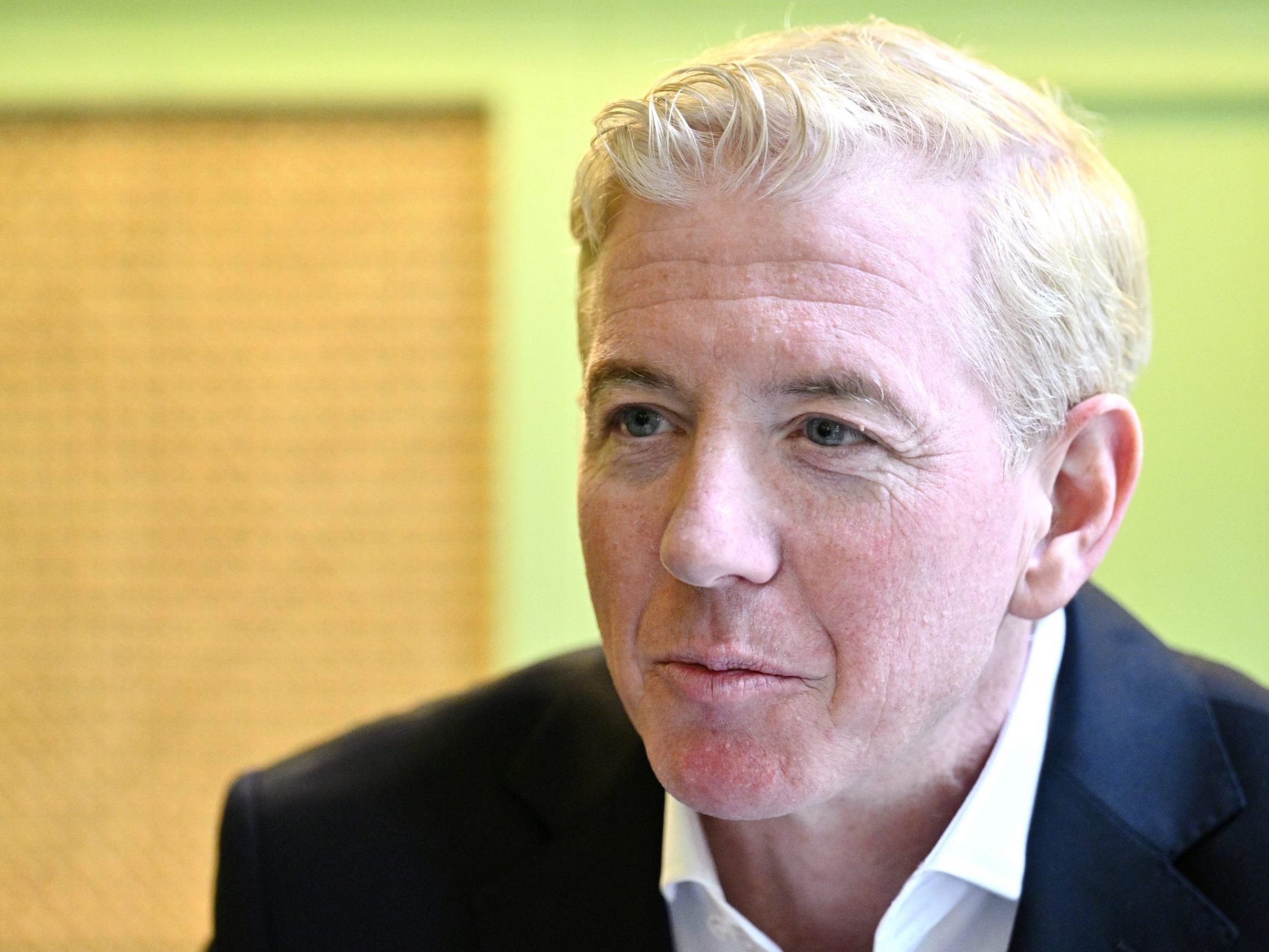ÖGK aims to achieve "break-even" by 2026

ÖGK head Peter McDonald explained to the APA that he took over the fund with a projected deficit of 900 million euros. The main causes are factors outside the ÖGK's control, such as the reaching of retirement age by large birth cohorts, rising costs due to medical advancements, and the shift of treatments from hospitals to the area more heavily funded by the fund. Additionally, the ongoing recession is negatively impacting revenues.
ÖGK aims to reduce deficit to 250 million this year
The task now is to ensure top-notch medical care on the e-card without too much additional burden on the insured. With the package agreed upon today, the deficit is expected to be reduced from a projected 900 million to around 250 million this year. By 2026, a "black zero" should be achieved, and thereafter, efforts must be made to build up appropriate reserves, as demographic challenges will continue to exist.
Structural measures with medium-term effects are also planned, but today the focus was on the immediately necessary steps. Measures by the government, such as raising health insurance contributions for pensioners, are expected to help. Further relief would come from additional political initiatives, which McDonald did not want to preempt.
The ÖGK also intends to save on its own. This year, every second retirement will not be replaced. In absolute numbers, this amounts to 86 full-time equivalents, making it a total of 200 since the fund merger. Furthermore, to reduce material expenses, the number of leased workers is to be reduced. Ten percent of the space in administrative buildings is to be relinquished. Additionally, according to McDonald, it is being examined where investments can be postponed.
Approval requirement for MRI, CT, and physiotherapy
However, patients will also feel the impact of the savings package. The aim is to correct overprovision with the side effect of reducing waiting times for certain examinations or therapies. This affects MRI and CT scans. By the end of the year, an electronic approval system will be established through which authorization will be processed. The impact is expected to be similar to the previous chief physician requirement, but the process will be simpler. The same could also be introduced for physiotherapy covered by insurance. This part of the package has not yet been formally decided today. It was stated on Tuesday evening by the ÖGK that a lead time is still needed.
It is certain that the personal cost share for orthopedic custom shoes will be increased. Furthermore, discussions are currently underway with contract partners about whether a general determination of the vitamin D level without medical indication should remain part of the service offering.
Since the number of transports has increased by ten percent, action is also planned here. For a transport, not an emergency ride, double the prescription fee (i.e., 7.55 euros times two) will be charged starting in July, and the single fee for taxi rides. This is intended to ensure that there are no pure convenience prescriptions in this area.
ÖGK: Doctors Should Contribute
The ÖGK also wants to directly engage with the medical community to enable savings. The tough years of 2025 and 2026 require everyone to make a "fair contribution," said McDonald. It was decided today that medical fees should not increase more than contributions. Currently, that would be four percent, which is more than inflation. From the chairman's perspective, this plan is "not an imposition" for doctors. McDonald aims to achieve this "ambitious goal" through negotiations. The insurance fund also plans discussions with the states to achieve joint financing in certain areas, such as diabetes or pain centers.
Criticism of the plans came from the FPÖ. Savings on medical transports or approval requirements for examinations would primarily affect older people, criticized FPÖ health spokesperson Gerhard Kaniak. They have paid into the system for decades, whereas illegal migrants or Ukrainians would not face any restrictions, which is "neither just nor fair."
(APA/Red)
This article has been automatically translated, read the original article here.





